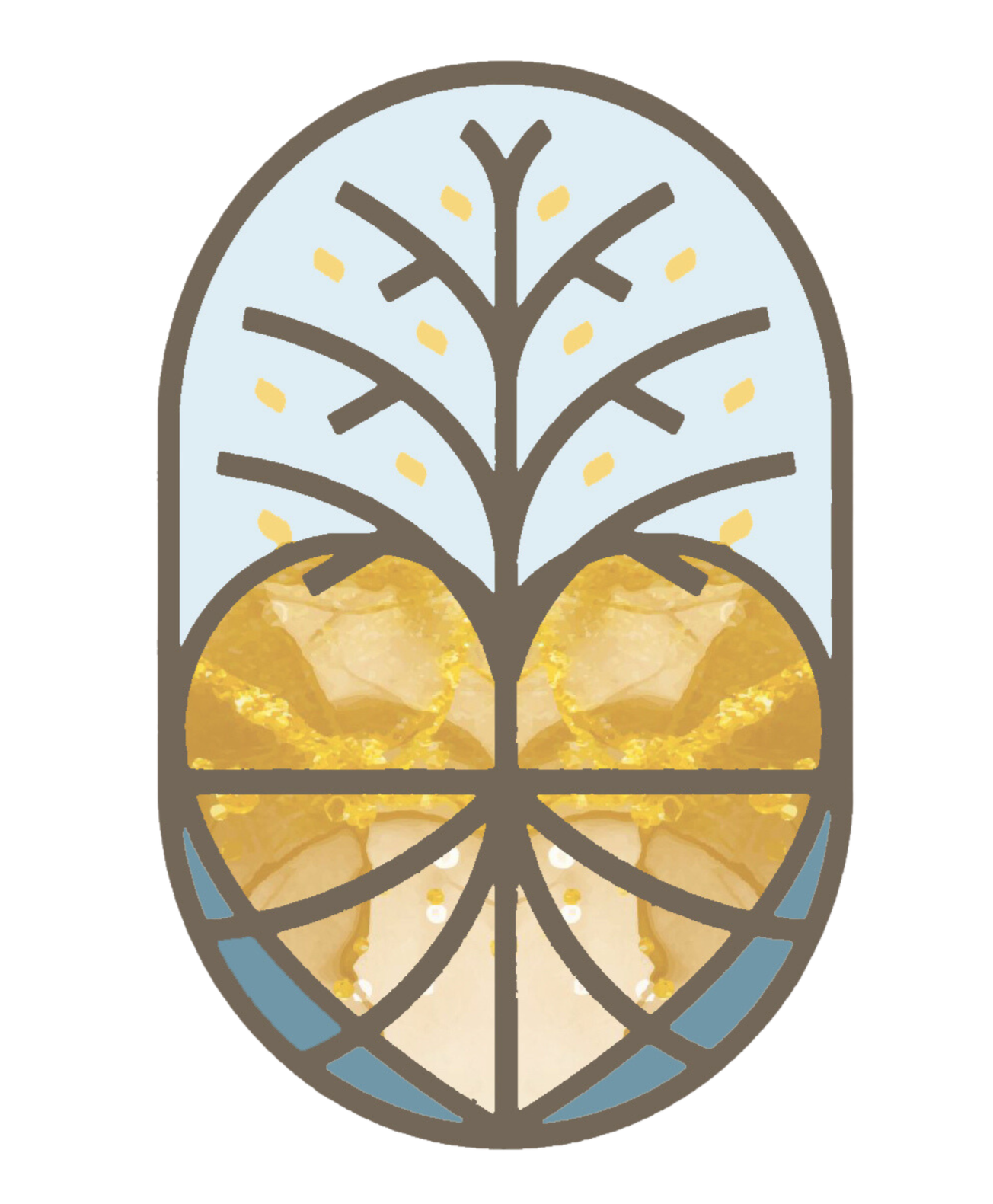The Changing Conversation: What We Learned from the National Menopause Show 2025
-By Angela Larmer -
Contains NMS Content for Educational Purposes
On October 18, 2025, I attended The National Menopause Show in Toronto; a day of evidence-based, stigma-breaking dialogue led by clinicians, advocates, and thought leaders shaping the future of women’s health.
What is clear is that menopause care is evolving — shifting from silent endurance to informed choice. At its heart, this transformation is about honouring the Self: your Body, Brain and Nervous System, all transitioning in their own wise way.
What the Guidelines Say About Hormone Therapy
“MHT” (menopause hormone therapy) covers use of Estrogens, Progestogens (or Progesterone), or combined regimens.
The 2023 International Menopause Society (IMS) toolkit provides clinical pathways for assessment and care of people experiencing menopausal symptoms, including when MHT is indicated and when non-hormonal options may be the better choice. [IMS]
Guidelines emphasise that hormone therapy is the most effective treatment for hot flashes and night sweats (vasomotor symptoms), and that care must be individualised. [PMC]
They also note that menopause is more than hot flashes — the transition can influence brain function, energy metabolism and longer-term health beyond urogenital symptoms. [IMS]
Did you know?
Up to about 80% of people experience hot flashes or night sweats during the menopausal transition. [PMC+1]
Premature menopause or premature ovarian insufficiency (POI) — onset before age 40 — occurs in roughly 30% of cases due to autoimmune causes. [IM Society]
According to the 2016 IMS guidance, MHT is primarily indicated for moderate-to-severe symptoms, rather than purely for disease prevention. [IM Society]
Current Medications Approved in Canada for Hot Flashes
Hormone-based therapies (MHT) remain first-line for vasomotor symptoms, when no contraindications exist.
Non-hormonal prescription options are available for people who cannot or prefer not to use hormones. According to the 2021 Canadian guideline (Guideline No. 422a), non-hormonal agents approved by Health Canada for Vasomotor Symptoms include some SSRIs/SNRIs, Gabapentin, and Fezolinetant.
A recent addition: VEOZAH (fezolinetant) and the newest, LYNKUET (elinzanetant) has received Health Canada authorization for moderate to severe Vasomotor Symptoms of menopause.
What Are Vasomotor Symptoms?
Vasomotor symptoms are the most common signs of menopause, caused by changes in how the brain regulates body temperature as estrogen levels fluctuate.
They include hot flashes (sudden waves of heat that spread through the upper body, often with sweating, flushing, or heart palpitations) and night sweats (hot flashes that occur during sleep).
While often seen as “normal,” these symptoms can significantly affect sleep, concentration, and overall quality of life — which is why addressing them through hormonal or non-hormonal options can be such an important part of care.
Why This Matters
When we share current, evidence-based guidance, we move the narrative from “just bear with symptoms” to “you have informed options.” The IMS toolkit and Canadian guidelines reinforce collaborative decision-making — tailoring care to the individual rather than offering one-size-fits-all treatments.
By recognising menopause as a holistic transition — affecting brain, body, nervous system, sleep, mood, bone health and more — we affirm the Self, not just the symptoms.
The Speakers
Hearing from leaders like Sophie Grégoire Trudeau, Dr. Michelle Jacobson, Amanda Thebe, and Menopause Chicks founder Shirley Weir—alongside many other clinicians and advocates—was both validating and energizing.
The Highlights
Sophie Grégoire Trudeau spoke to the intersection of menopause, mental health, and empowerment—how naming the experience reduces shame and opens doors to care.
Dr. Michelle Jacobson, an OB-GYN and menopause specialist emphasized evidence-based care and access—reminding us that individualized, science-led options exist.
Amanda Thebe brought practical, fitness-forward strategies for symptom management, underscoring strength and recovery in midlife.
Shirley Weir of Menopause Chicks highlighted workplace impacts and advocacy by way of clear policies and educational changes.
One of the key themes of Dr. Jacobson’s work is shifting the narrative around perimenopause and menopause — from something to “tolerate” or hide, to a recognised, treatable phase of life.
By normalizing symptoms of Perimenopause/Menopause and breaking down stigma, Dr. Jacobson’s work helps ensure that women don’t feel they must simply bear on their own, but instead can access informed care.
Normalization means:
Recognising symptoms (hot flashes, sleep disruption, mood changes, vaginal symptoms) are common and worthy of attention and management.
Empowering women to ask questions, seek treatment, and understand that treatments (including hormone therapy) are valid options when appropriate.
Educating healthcare providers so they feel competent to advise and treat — which helps reduce delays in care.
Thanks to experts like Dr. Michelle Jacobson and global leadership from the International Menopause Society, we’re finally seeing a shift: Menopause is not the ‘end’ of something we must simply endure — it’s a transition to be honored and managed. With up to 80% of women experiencing significant vasomotor symptoms and clear evidence about hormone therapy (estrogen + progesterone) options, normalizing open conversations and care is critical.
I left grateful for the candour and clarity, and left committed to continuing these conversations with clients, workplaces, and community partners so women are not navigating these spaces alone.
Additional Resources and Citations
International Menopause Society (2023). Practitioner’s Toolkit for Managing Menopause.
International Menopause Society (2024). Menopause & MHT White Paper.
Jacobson M., Lega I. (2023). Women’s College Hospital Review of Menopause Care.
Menopause Foundation of Canada (2024). Workplace Impact Report.
Astellas Canada (2024). Health Canada approval of VEOZAH (fezolinetant).
Amanda Thebe (2021). Menopocalypse. amandathebe.com
Menopause Chicks (2024). Educational resources on community and workplace advocacy.







